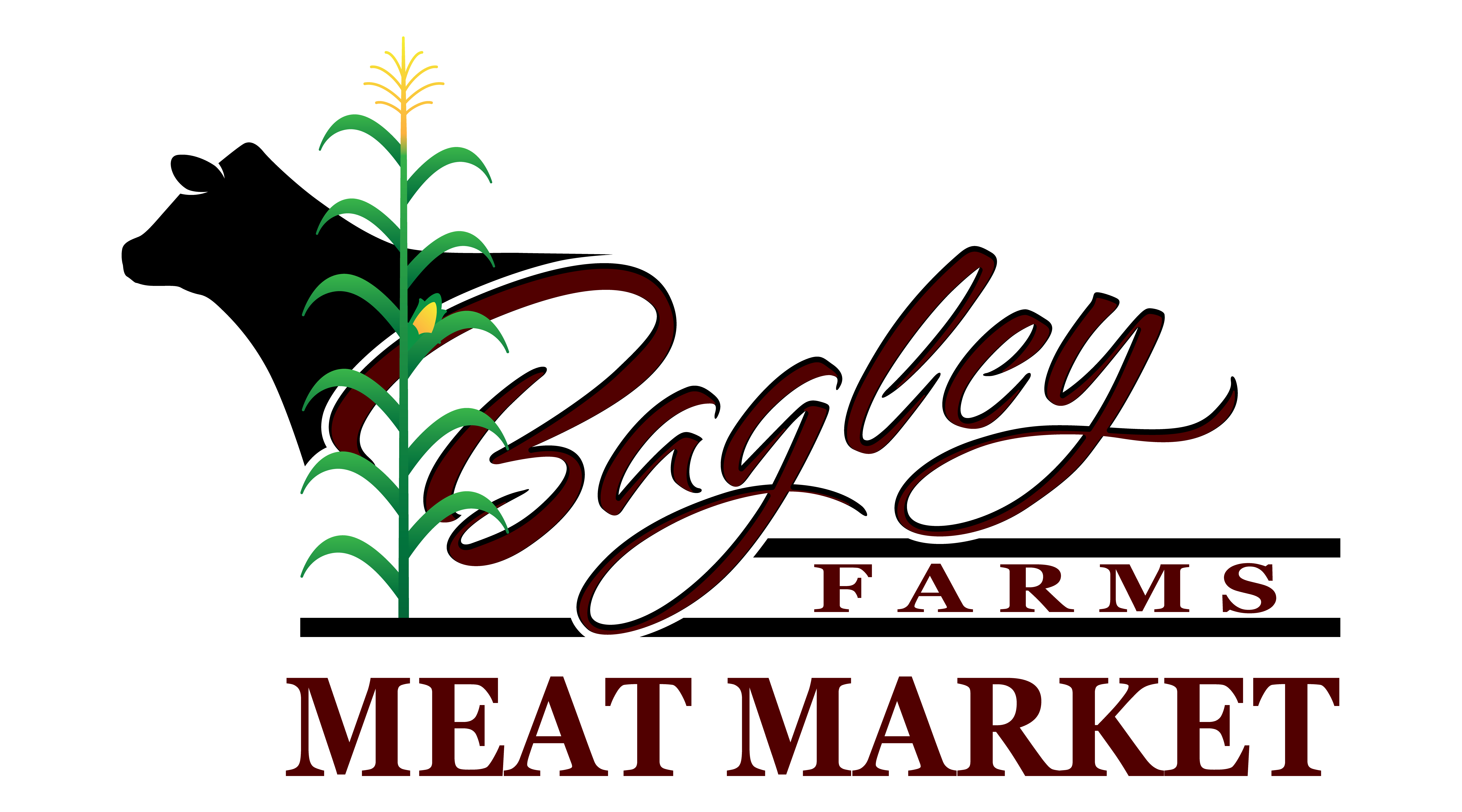Why Purchasing at a Regional Meat Market Is the most effective Choice for Fresh Cuts
The selection to shop at a regional meat market stands out as an engaging alternative for those seeking fresh cuts, mainly due to the superior high quality and taste derived from straight sourcing. As these facilities commonly team up with nearby farms, they can provide meats that are fresher and extra flavorful than those found in larger grocery store chains.
Superior Freshness and Quality
When it concerns sourcing meat, a regional meat market often sticks out for its remarkable quality and top quality. Unlike large chain food store, regional meat markets commonly source their items from neighboring farms and vendors, making certain that the meat is not only fresh but also in season. This proximity permits for shorter transportation times, reducing the chance of spoilage and maintaining the meat's natural flavors and appearances.

Moreover, the freshness of the meat equates to superior taste, improving culinary experiences. By selecting to patronize a local meat market, customers not just sustain local economies but likewise delight in a higher criterion of meat products that can elevate day-to-day meals to outstanding dining experiences.
Knowledgeable Butchers at Your Solution
The commitment to top quality at regional meat markets is further exhibited by the existence of experienced butchers that are committed to supplying extraordinary service. These experts possess a wealth of proficiency in various cuts of meat, food preparation methods, and taste profiles, enabling them to supply customized recommendations that enhance the client experience.

In addition, well-informed butchers take satisfaction in sourcing high-quality meats, commonly developing relationships with regional ranches and producers. This commitment makes certain that customers receive not only remarkable items yet also insights into the origins of their acquisitions. By involving with these specialists, shoppers acquire confidence in their options, inevitably bring about a more enjoyable and enlightened meat-buying experience.
Sustaining Neighborhood Economies
Supporting local economic climates is a crucial result of buying at a neighborhood meat market, as these facilities usually focus on sourcing their items from neighboring ranches and manufacturers. By buying meat from regional markets, consumers directly add to the financial health of their communities. This practice aids to produce and suffer regional jobs, ranging from farmers and herdsmans to butchers and store personnel.
When customers choose to shop in your area, they boost need for local farming manufacturing. This not just advantages farmers by providing them with a trustworthy market however also encourages lasting farming methods that are fundamental to the local economy. Furthermore, neighborhood meat markets often tend to reinvest their revenues back into the area, whether with hiring neighborhood workers or funding neighborhood events.
Furthermore, supporting these markets cultivates a sense of area and connection in between consumers and manufacturers. Buyers are frequently more notified about where their food originates from and can build partnerships with local farmers, improving transparency in the food supply chain. Generally, choosing to go shopping at a local meat market is not simply a transaction; it is a financial investment in the neighborhood economic climate that generates tangible advantages for all stakeholders entailed.

Sustainable and Moral Sourcing
Buying at a local meat market commonly lines up with concepts of sustainable and moral sourcing, as these establishments commonly prioritize high-quality, in your area elevated animals. By sourcing meat from close-by farms, local markets lower the carbon footprint connected with transportation, adding to eco accountable techniques. This proximity likewise cultivates neighborhood partnerships, enabling customers to connect straight with the farmers that raise their food.
Moreover, several local meat vendors highlight gentle that site therapy of pets, making sure that their sourcing companions stick to moral farming techniques. This commonly includes pasture-based systems, where animals are permitted to roam freely and take part in all-natural actions, leading to healthier livestock and better-quality meat.
In comparison to large commercial meat production, which can sometimes prioritize revenue over well-being, neighborhood markets are most likely to engage in transparent practices. Buyers can make inquiries about the source of their meat, gaining insights into the farming methods and animal welfare standards involved. By selecting to shop at a regional meat market, consumers not only support ethical practices but also promote a sustainable food system that values quality and integrity over automation.

Unique Cuts and Customization Options
Neighborhood meat markets supply a remarkable selection of special cuts and personalization options that are often inaccessible in bigger supermarket. These facilities satisfaction themselves on their capability to deal with specific preferences, which is particularly valuable for both home chefs and culinary enthusiasts. Consumers can request particular cuts customized to their dishes, making certain optimum read here flavor and presentation.
Among the standout attributes of neighborhood meat markets is the possibility to check out specialty cuts, such as wall mount steak, flat iron, or lamb neck, which may not be discovered in standard grocery stores. In addition, knowledgeable butchers possess the knowledge to suggest cooking methods and pairings that improve the consumer's culinary experience.
Moreover, these markets commonly permit customers to personalize their orders, whether it be choosing the thickness of a steak or selecting exactly how a roast is cut. This level of customization promotes a deeper link between the customer and the product, inevitably resulting in a dish that is not only fresher yet additionally extra straightened with individual tastes. By patronizing neighborhood meat markets, consumers get to a diverse and customized choice that raises their eating experience.
Conclusion
Finally, shopping at a neighborhood meat market uses unrivaled advantages, consisting of remarkable quality and quality due to route sourcing from nearby ranches. The know-how of educated butchers boosts the purchasing experience, providing customized suggestions and distinct cuts. Additionally, sustaining neighborhood markets adds to the vigor of local economic climates and advertises sustainable, moral sourcing practices (Bagley Farms Meat Market in Edwardsville IL). Inevitably, choosing a regional meat market stands for a commitment to visit their website health, area, and liable usage, benefiting both consumers and neighborhood manufacturers alike.